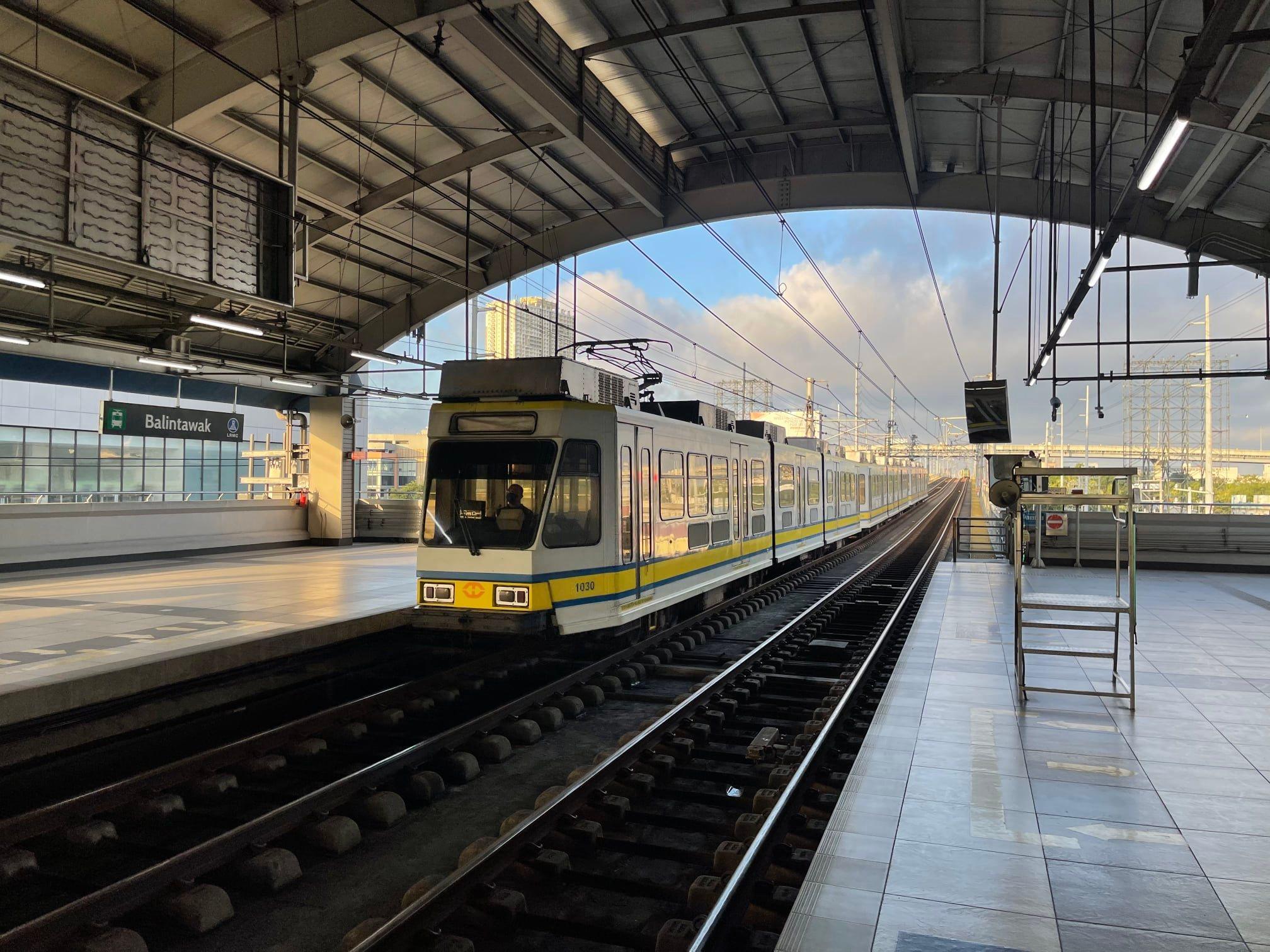DOTr to decide on LRT1 fare hike in 30 days

The Department of Transportation’s (DOTr) Rail Regulatory Unit (RRU) is set to come up with a decision on the petition filed by Light Rail Manila Corp. (LRMC) to increase the fares in the Light Rail Transit Line 1 (LRT1).
The DOTr-RRU held a public hearing on Thursday, January 9, 2025, at the Light Rail Transit Authority (LRTA) headquarters in Pasay City to hear comments from various stakeholders concerning LRMC’s petition.
Based on the fare hike petition filed by LRMC, LRT1’s private operator, train rides at the 40-year-old railway system would increase by an average of P7.48 per passenger.
The current base fare for LRT1 is at P13.29 boarding fee and a P1.21 increment per kilometer travel, which was approved by the DOTr in 2023.
Should the petition be approved, the maximum fare of P45 for a single journey end-to-trip is seen to increase to P60.
At the sidelines of the public hearing, Transportation Assistant Secretary for Railways Jorjette Aquino told reporters that the DOTr-RRU has a maximum of 30 days from the day of public hearing to evaluate and make a decision on the fare hike petition.
“If there is no fare increase, then it stops there but if the fare increase would be granted, for whatever amount, the petitioner is required to publish the decision in a newspaper for three consecutive weeks… after that, from the last publication date, the implementation of the new fare [matrix] would be in 30 days,” the DOTr official said.
“More or less that would be two months,” she said.
Aquino said the agency will take into consideration both the petitioner’s appeal and the comments aired by various groups during the public hearing.
“So there's a possibility that the fare increase will not be granted. There’s a possibility that the actual amount in their [LRMC] petition will be granted, but there’s also a possibility that it will be granted but at a lower amount,” she said.
During the hearing, LRMC president and CEO Enrico Benipayo justified the concessionaire’s fare hike appeal by presenting several improvements in the LRT1, such as —working light rail vehicles were increase by 87% from 77 (since the private takeover in 2015) to 144; and close to 100% daily system reliability, monthly system reliability, punctuality, and availability.
Benipayo added that since LRMC took over there has only been one fare increase for LRT1, even if the concessionaire is allowed to adjust fare every two years.
The LRMC filed petitions for fare adjustments in 2016, 2018, 2020, and 2022, all of which were deferred.
Benipayo said the amount of fare adjustment that the LRMC is seeking will cover the deferred adjustments in previous years.
The deferred fare hikes had resulted in a fare deficit of P2.17 billion as of November 2024.
“Assuming no fare increase will be granted until 2028, LRMC is projecting a total of P4.9 billion in fare deficit for the next three years, bringing the total fare deficit to P7 billion,” he said.
The LRMC chief said that if the LRT1 fares are adjusted, the national government will avoid paying the additional fare deficit which would allow them to devote the corresponding funds to other priority government projects.
Opposition
Commuters advocacy group Make It Safer Movement, during the hearing, voiced their opposition to the LRT1 fare hike petition, saying that it would burden commuters with an additional P240 to P500 cost a month in using the train system.
Militant group Bayan, in a statement, also opposed the proposed fare hike in LRT1.
National Center for Commuter Safety and Protection chairman Elvira Medina is amenable with fare increase as long as any hike would mean improvements in train services. — RSJ, GMA Integrated News




